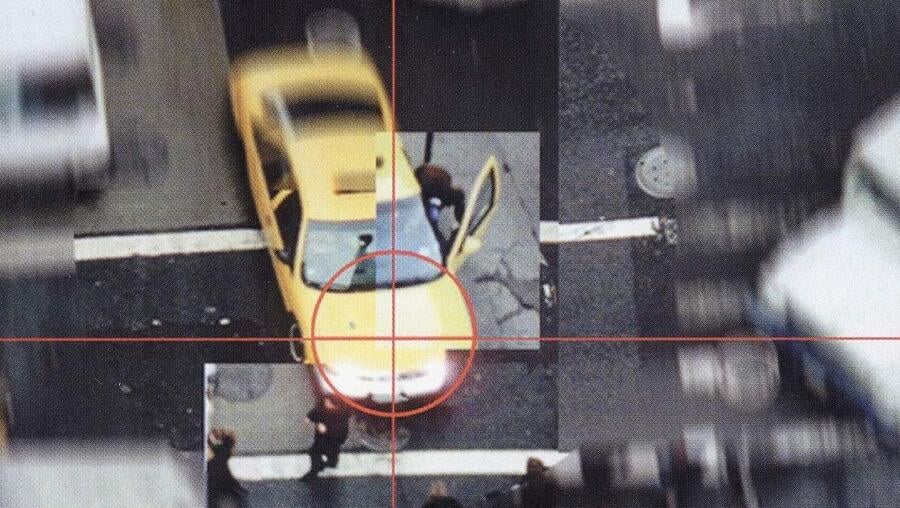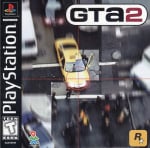
The second mainline entry in the Grand Theft Auto series, GTA 2, recently hit its 25th anniversary. So, in order to celebrate, the game's audio manager (and co-composer) at DMA Design Colin Anderson has published a new thread on social media in tribute to the open-world crime game to explain why he thinks it was pivotal in shaping the future of the billion-dollar series.
GTA II was first released on October 22nd, 1999 on PC and PS1, and is often considered to be the black sheep of the Grand Theft Auto series. Not only did it famously drop the name Grand Theft Auto in early print runs for the acronym "GTA", but it also experimented with a new gang reputation system, introduced fictionalized radio commercials for the first time, and most notably, moved the action away from the three main locations that were featured elsewhere in the series to "Anywhere USA" — a retrofuturistic metropolis inspired by the Terry Gilliam film Brazil and Frank Miller's 3-issue comic book mini-series Hard Boiled.
As a result, it's easy to see why fans consider it to be one of the more experimental titles in the series, but as Anderson states in his thread, that was kind of the point.
"While later GTA titles rightfully bask in glory for their incredible 3D worlds and commercial success, GTA 2 was where we refined GTA 1's punk charm and chaos," Anderson states on Twitter. "More important than showing us what ideas worked, it showed us what ideas didn't work.
"GTA 2 wasn't about perfection; it was about experimentation. We tried ideas we couldn't in GTA 1 and wouldn't after GTA2. Admittedly, we got a lot wrong, but those 'mistakes' taught us what GTA's hallmarks truly were, setting the stage for GTA 3 and beyond."
In particular, Anderson highlights the audio as an area where the team continued to try and push boundaries, though stated that "we pushed them too far this time and it almost backfired".
Unfortunately, he didn't elaborate any further on this point in the thread but stated that he will soon be sharing his GTA2 Audio Postmortem doc from the game, with more details on what worked and what didn't. In addition to this, he also shared a link to "unradio-fied" versions of the music from the game that someone else sent him — something fans of the game have been asking him about for almost 25 years.
You can go follow Anderson on Twitter now. If you want to learn more about the history of Grand Theft Auto's audio, we highly recommend it.

